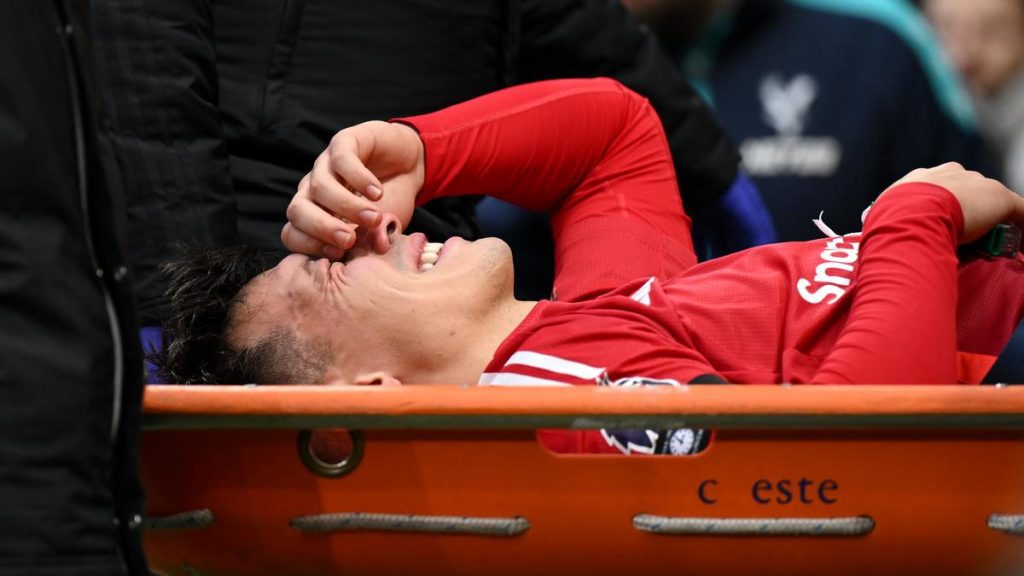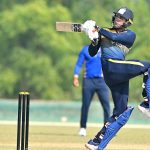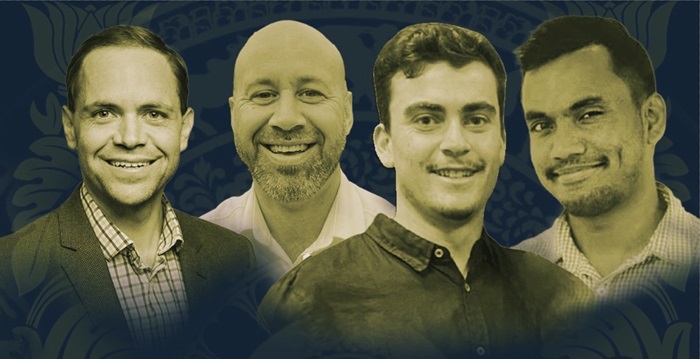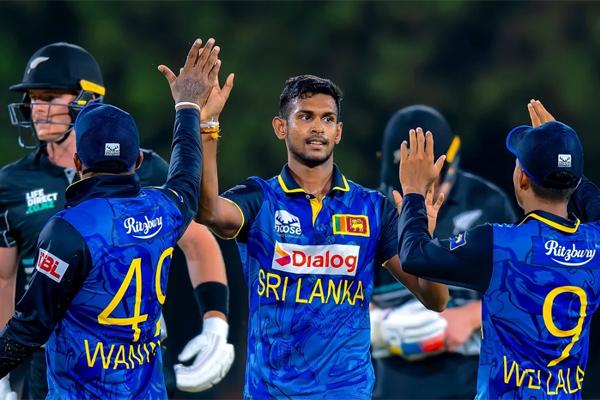Meet the Seconds who helped Gukesh win his first World chess championship title
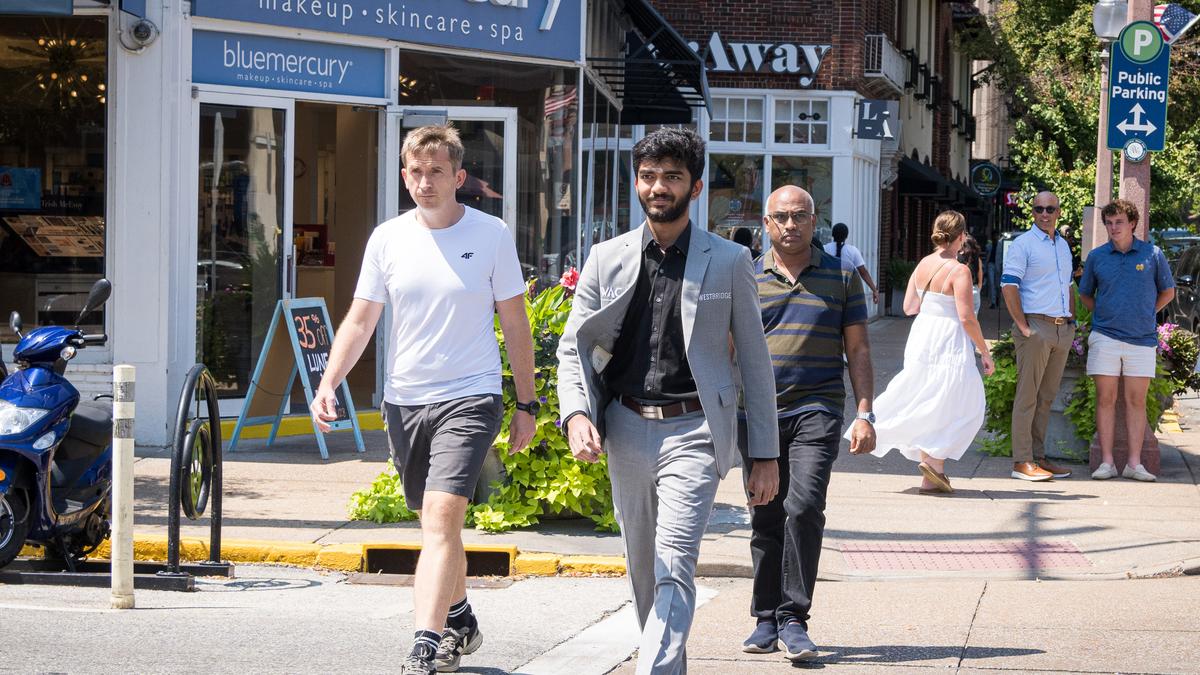

Meet the Seconds who helped Gukesh win his first World chess championship title
It all began with Nick Fury assembling the Avengers for a battle that would decide the fate of the world. One by one, heroes with unique abilities were brought together, forming a team greater than the sum of its parts. Much like Fury’s iconic call to arms, D. Gukesh’s journey to becoming the youngest World chess champion was marked by a masterfully crafted team of Seconds and support staff, each contributing their own expertise to his triumph.
Seconds, the unsung heroes of chess, serve as the backbone of a player’s preparation, operating diligently behind the scenes. While the player basks in the spotlight, it is their meticulous work that fuels the player’s journey. Tasked with perfecting every aspect of preparation — from analysing openings and refining strategies to offering psychological reinforcement — Seconds form an indispensable support system.
After Gukesh’s triumph at the Candidates Tournament in Toronto in April, assembling his team became a top priority. With backing from WestBridge and WACA, he was able to secure the resources needed to bring together the right people, both on and off the board.
Leading Gukesh’s campaign was Poland’s Grzegorz Gajewski, a chess virtuoso with a keen eye for strategy, who had been working with the prodigy long before the World championship. It was Gukesh’s mentor, five-time World Champion Viswanathan Anand, who suggested bringing Gajewski on board as the primary trainer — a move that proved pivotal.
Gajewski led the charge, coordinating the team’s efforts and ensuring Gukesh was battle-ready for every match. He enlisted his countryman Jan-Krzysztof Duda, a former World Cup winner known for his creative play, whose training games helped Gukesh stay sharp during the gruelling year.
Gukesh played over 300 online blitz games against Duda throughout the Candidates and World championship.
Radosław Wojtaszek, another Pole and trusted veteran from Anand’s team, brought years of expertise to the table. Meanwhile, Pentala Harikrishna, who had previously played a key role in Ju Wenjun’s 2023 World championship victory, added a unique edge. Harikrishna’s insights into the Chinese mindset and strategies became invaluable as Gukesh prepared to face Ding.
In Germany’s Vincent Keymer, Gukesh found not only a formidable partner but also a friend to explore bold new ideas. A regular in the world’s top 20, Keymer brought a fresh perspective to Gukesh’s opening preparations. Despite being contemporaries, their collaboration proved to be a vital cog in Gukesh’s journey to the World championship title.
“There were mainly two reasons to join this team,” Keymer explained in an interaction with Sportstar. “First, I felt we had always been friendly, and I believed our chemistry would work well with the rest of the team. Also, I felt that this could be a nice experience. Of course, I was thinking about the learning process this stint would give me because we were working on a very high level for a long time.”
Their alliance began in a uniquely personal way. “It was Gukesh himself who contacted me, which I found very nice. He could have gone through a manager or trainer, but instead, he reached out directly. It showed his genuine interest in building a team where personal connections mattered,” Keymer said. “We had a brief conversation during the Grand Chess Tour, but it was over the phone. Later, we got to talk face-to-face.”
It’s uncommon — and risky — for a player to choose a coeval as their Second, given the possibility of revealing strategic ideas that might be used against them in the future. But Gukesh saw things differently.
“Clearly, his main focus was on this World championship,” said Keymer. “He wanted to win this match and, since I wasn’t involved in either the Candidates or the Championship match otherwise, I don’t think there was any direct competition. Of course, long term that could be possible, but it’s very difficult to ask someone to be your Second. You either have players who are still actively playing and have ambitions themselves — and exposing all your ideas, strengths, and weaknesses can have some effect — or, if you don’t pick players who are actively playing at the top, then you also have something missing.”
Jan Klimkowski, the 17-year-old Polish teenager, was a breath of fresh air.
“It all started with a simple message. He wrote to me, speaking about chess in general, and later left me two positions to analyse. I sent him the files, and he was very satisfied with my work and offered me the job,” Klimkowski recalled.
Joining the team after the first rest day, Klimkowski’s task was clear: provide Gukesh with innovative ideas and precise opening analysis. “I was playing a tournament in Menorca earlier, so I couldn’t do two things at the same time. Once on board, my focus was on preparing specific lines for Gukesh’s upcoming opponents,” he said.
The young Second put in gruelling hours, often working six to seven hours daily and waking up at odd hours to fine-tune positions. His dedication paid off as Gukesh clinched the Candidates tournament, paving the way for the World championship. “It required a lot of effort, but we did our best, and it worked,” Klimkowski said.
By late November, while Keymer was working remotely with Radek and Harikrishna from Manilva, a small town in the southernmost province of Spain, Klimkowski was playing a tournament 11,000 km away in Singapore, close to Gukesh but not actively helping him there.
Gukesh’s triumph over Ding was marked by his ability to deploy surprises and novelties that threw his opponent off balance. Ding, though accurate under time pressure, often found himself outprepared.
Keymer explained their strategy: “The goal was to surprise Ding early, ensuring Gukesh had the advantage of familiarity with the lines and evaluation while getting Ding out of preparation. It wasn’t just about finding sharp ideas with White, it was about getting a fighting game and maintaining momentum. That strategy worked very well,” Keymer said.
Beyond engine-assisted preparation, Klimkowski emphasised the importance of practical, human-centred insights. “A human touch is critical. If a player doesn’t understand a position from engine preparation, they can easily misplay it. Sometimes, it’s better to opt for a less optimal but more practical line — something a good Second should know,” he noted.
The team faced criticism from Magnus Carlsen, who questioned their preparation for Game 12, where Ding secured a crucial win to equalise the match. Keymer addressed the scrutiny, defending their approach.
“I believe it’s very clear that this line was relatively dangerous for Black. We changed c4-e5 to c4-e6 and Gukesh had to revise an incredible number of lines for this. We also have to understand that no matter how much work we, as Seconds, do for him, he only has a limited amount of time he can spend on preparation. Otherwise, he will not be able to keep up that same level of play for three weeks if he prepares five hours every day — it’s simply not going to work,” said Keymer.
“So, we always had to make sure to give him as little as possible but everything he needed to know,” he added. Not to be overlooked is South African mental health coach Paddy Upton, who worked tremendously to help Gukesh maintain his composure and resilience under immense pressure.
With a team of brilliant minds and indefatigable support, Gukesh’s victory seemed destined. Like Captain America calling on the Avengers to fight, Gukesh’s team too assembled for the final showdown.



